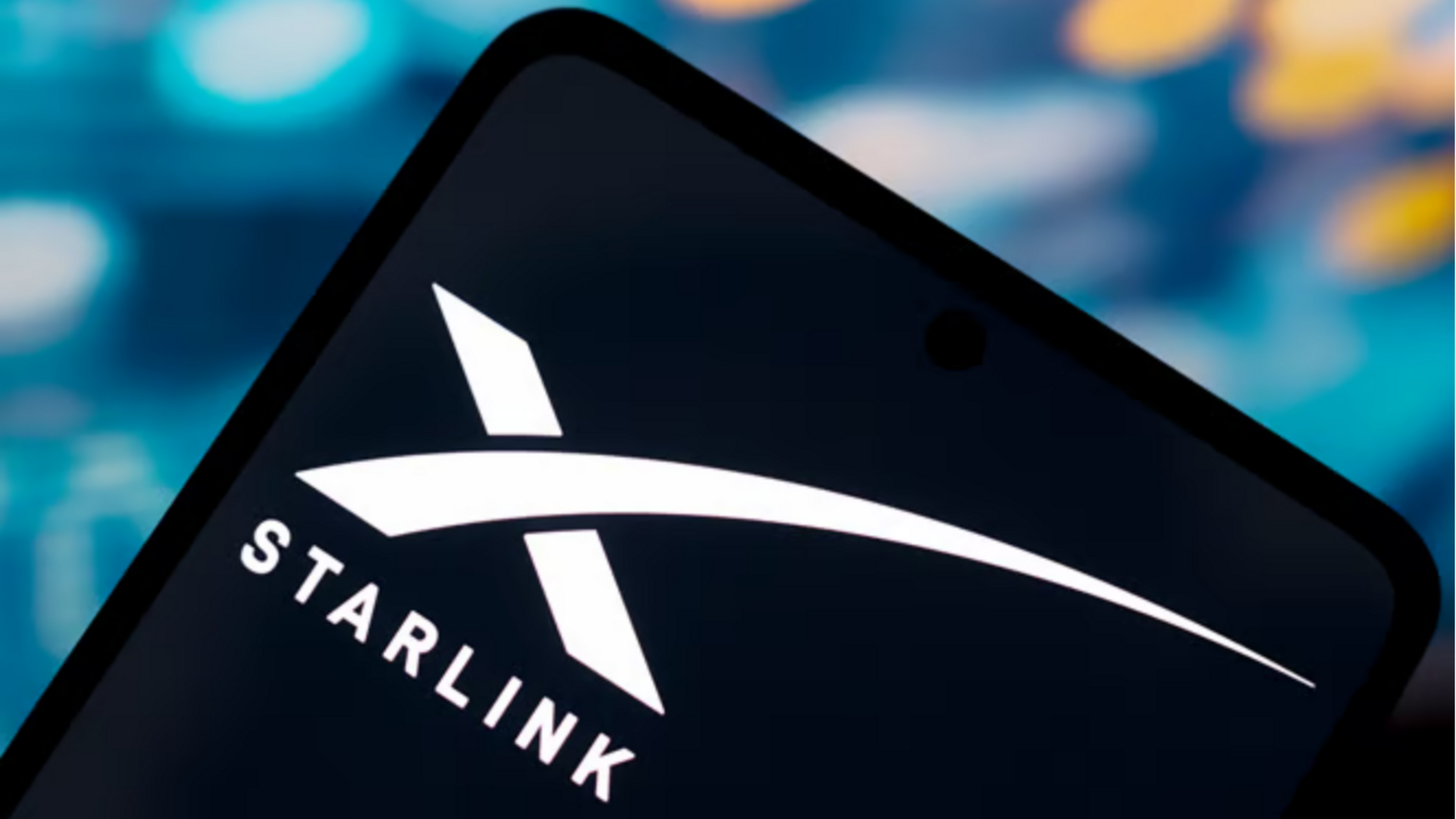
Starlink, Amazon Kuiper may face subscriber cap in India
What's the story
The Indian government is considering a cap on the number of subscribers for satellite broadband services such as Starlink and Amazon Kuiper, according to The Economic Times. The move comes amid concerns from telecom companies that satcom firms could use their permits to gain a large user base. The Department of Telecommunications (DoT) is also mulling fresh permissions for capacity increases by these companies.
Regulatory measures
Proposed regulations to cover all satellite systems
The proposed regulations would apply to all satellite systems, including Starlink, Amazon Kuiper, Eutelsat OneWeb, and Jio-SES. The aim is to prevent these companies from entering the retail mobile broadband space through their permits. This could potentially threaten the main revenue stream of incumbent telcos. The DoT is said to be considering rules that would require companies seeking to expand capacity to seek new permissions.
Capacity declaration
New rules to link subscriber capacity with operational permits
The DoT is also considering rules that would link subscriber capacity to the operational permits issued. Satcom firms would have to declare their capacity and per-user speed upfront, with the ceiling on subscribers determined from that data. If a company exceeds this limit, it would have to seek fresh permission and accept new terms, including revised spectrum pricing.
Pricing flexibility
DoT's stance stronger than TRAI's on this matter
The DoT is said to be more aggressive than the Telecom Regulatory Authority of India (TRAI) on this issue. It wants the power to revise pricing and conditions even before the five-year period is up, if technology changes or if operators start offering services beyond basic data and internet. This comes amid fears that direct-to-mobile (D2M) satellite technology could let Starlink and others offer internet services directly to smartphones.
Technology impact
Emergence of D2M technology raises concerns among telcos
The emergence of D2M technology has raised alarms among telcos, as it could let satellite operators connect users directly, challenging their dominance in mobile broadband. Unlike terrestrial carriers, satcom firms don't pay the same levies or license fees. This has led to concerns of an uneven playing field. The government is only allocating spectrum for data and internet services at this stage, not direct-to-mobile satellite services.